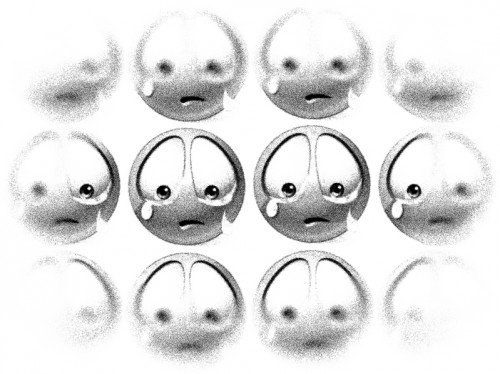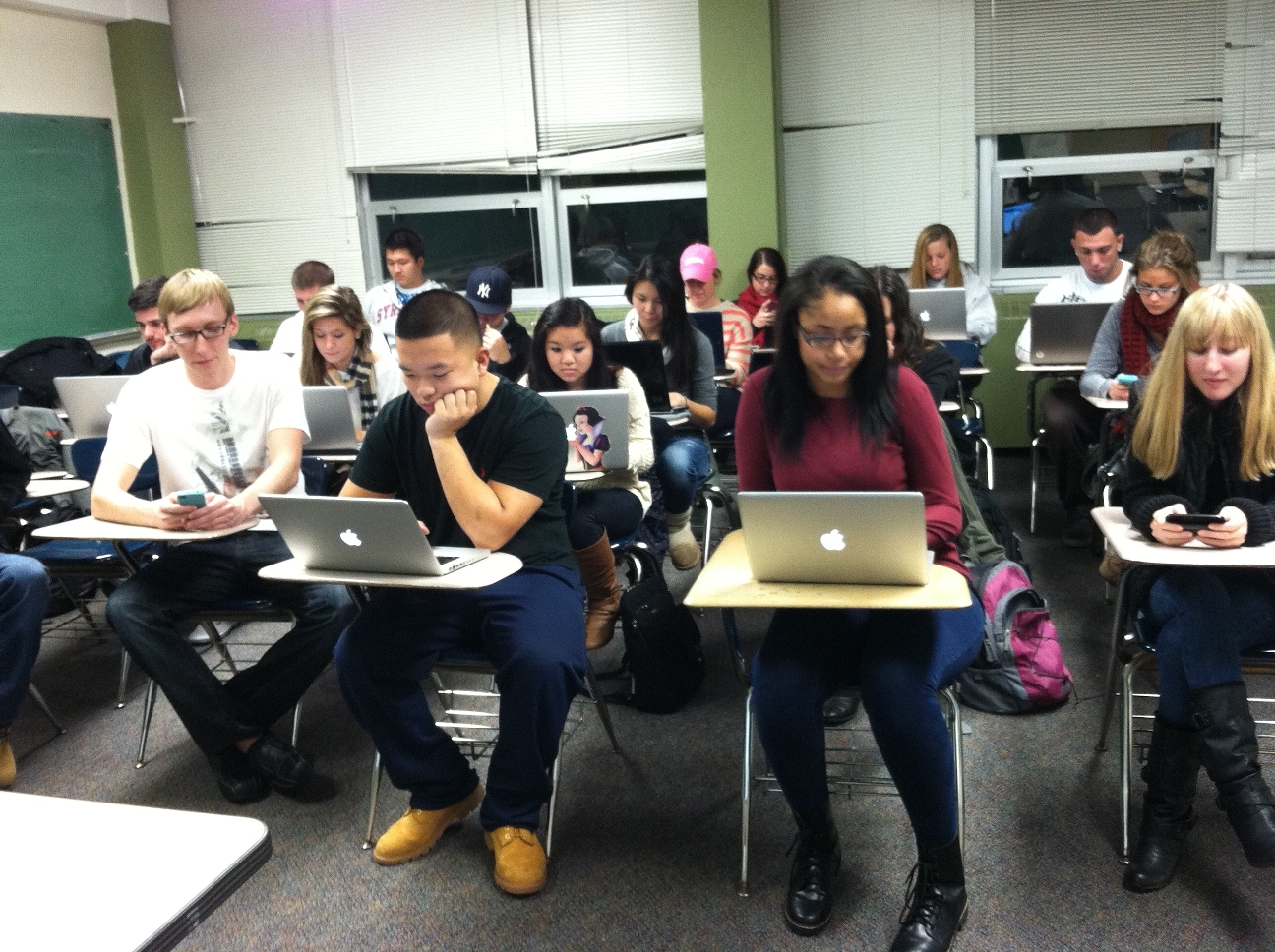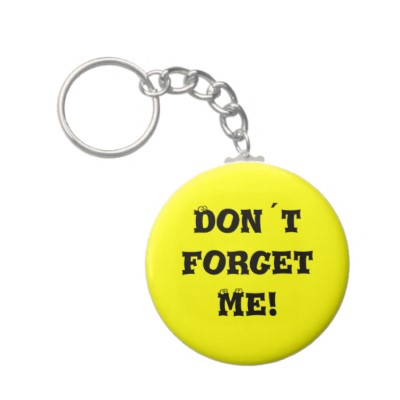Over the weekend, I noticed that Facebook hashtags are now linked. “What!? When did this happen??” I quickly asked my network.
This simple shift opens avenues for deeper discussions about the social media ecology of which I wrote a few weeks back. In particular, it shows the relational nature of the ecological system, and the back and forth multiply influential relationship between humans and technologies, all of which shape each other in a multiplicity of ways.
By social media ecology I refer to all of the media on and through which users are Social (in the capital “S,” linked and connected sense of the word introduced by Whitney Erin Boesel and Nathan Jurgenson). As social media increasingly integrates into the flow and logic of everyday life, users draw on a variety of digital tools to meet a diverse set of needs. The social media ecology refers to the set of tools users draw on, and the ways in which these tools, and their users, are connected and/or compartmentalized. more...










